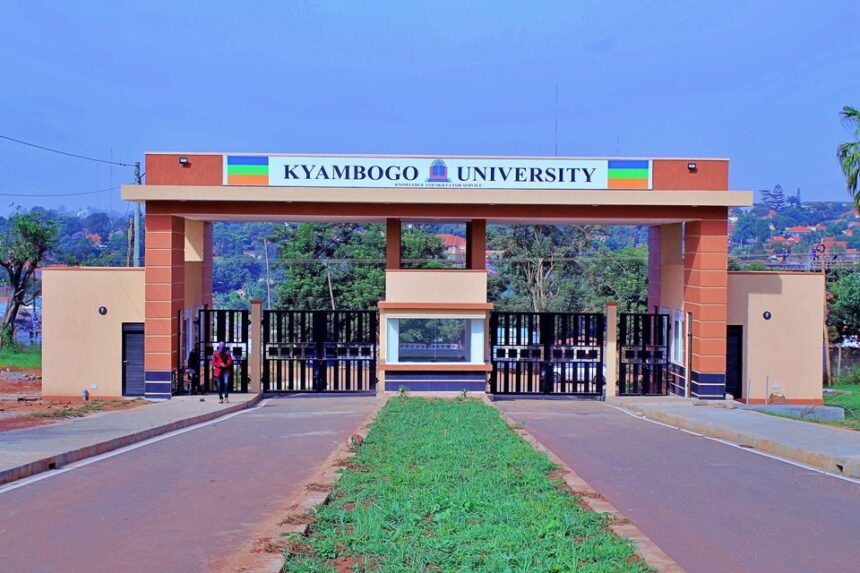The National Council for Higher Education’s recent directive has directed the closure of a number of illegal study centers belonging to Kyambogo University, throwing it into a very major challenge. This move leaves 1,129 students in limbo.
Background and controversy
The NCHE’s order pertains to study centres in Bushenyi, Soroti, former Kamurasi PTC-Masindi, former Kabwangasi PTC-Butebo, and former Bukedea PTC-Bukedea. According to NCHE, these were established without the necessary approval, hence making the courses and qualifications offered at those centres null and void.
The problem can be traced as far back as 2018 when Kyambogo University established these upcountry study centres. The opening of the centres has been marred by controversy as staff and stakeholders argue that the university acted contrary to the law and approval of these campuses. They complained the university did not seek or get approval from the University Council or NCHE as provided by UOTIA, 2001.
NCHE’s Directive
In a July 2, 2024 notice to Kyambogo University’s Vice Chancellor, Prof Eli Katunguka-Rwakishaya, NCHE stressed that the continued operations of these centres were against the law. The UOTIA says tertiary institutions are supposed to seek NCHE approval before setting up new learning centres. The NCHE puts it clear qualifications obtained from such unapproved learning centres are null and void for purposes of employment or further studies.
“The location of a public university established under UOTIA shall as may be provided in the instrument establishing it; however, that university may with the prior approval of NCHE, establish a branch or a campus of the university in any other part of Uganda,” the letter notes.
The NCHE’s directive demands that Kyambogo University close the illegal centres immediately to comply with regulatory requirements.
University’s Position
Prof. Eli Katunguka-Rwakishaya has filed a challenge against the NCHE’s directive, arguing that NCHE has no powers to bar institutions from establishing learning centres, further arguing that the university did nothing wrong and that the centres were opened with an intention of expanding access to education.
The issue represents a wider question of compliance with regulation and how universities can balance growth with adherence to the law and administrative process.
Impact and Next Steps
It means, therefore, that the affected students will have to look for an alternative way of completing their studies. This is where Kyambogo University has the task of addressing NCHE concerns while ensuring manageable transitions for students whose centers have been closed.
More discussions are foreseen to take place between the university and the NCHE as the situation unfolds with a view to finding solutions that will not needlessly disrupt students’ progress.













